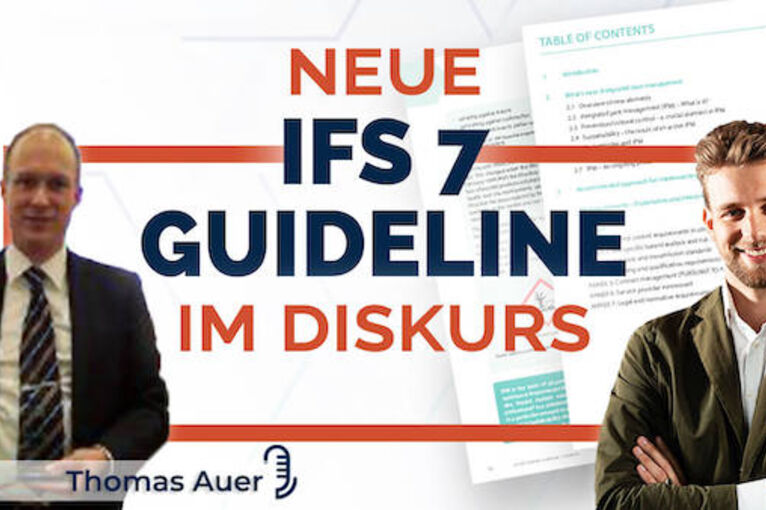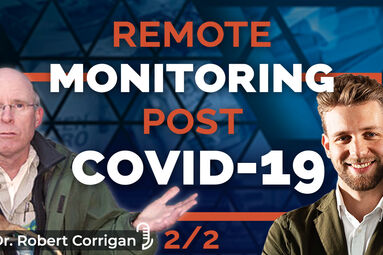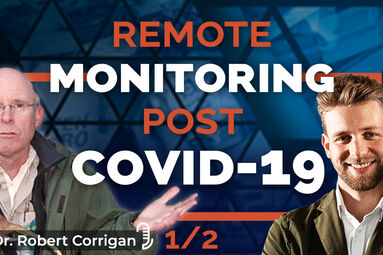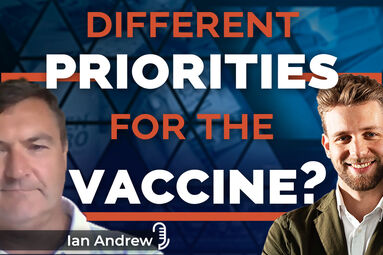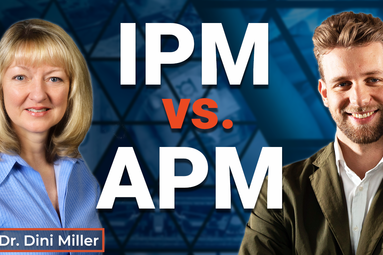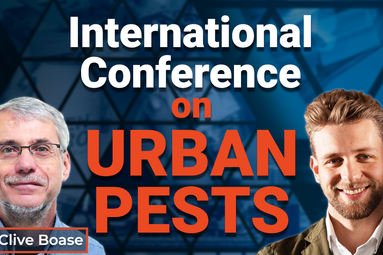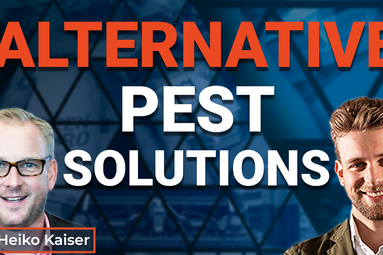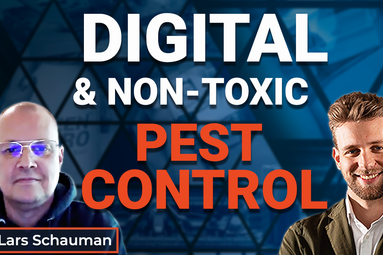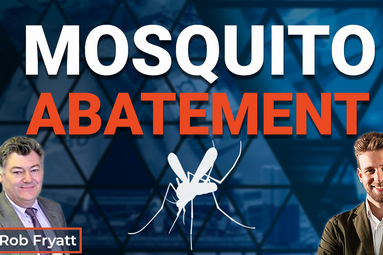CEPA – Your questions answered
Part I
This interview with Henry Mott, President of CEPA is something of a change of format…. Rather than our Talking Pest Management host, Daniel Schröer, asking the questions, this time the questions have been sent in by you, the listeners…….
Questions have come from both members and also non-members of CEPA – the European pest management services trade association. The questions were so varied they have been split into two interviews… first here and then, next week, the second half.
The words below are simply a resumé…… listen to the full discussion yourself to pick-up the full message.
First of all, What is CEPA? Henry states that this is a very regular question he is asked, particularly from the smaller grass roots companies. They might have heard about CEPA, but know little about it and feel it is just for the big boys. Henry gives a brief history of how the organisation started in the mid 1970s consisting of the national European trade associations getting together to form a united front to represent the positive sides of the industry.
More recently companies, and other interested stakeholders, have been allowed to join so CEPA now consists of over 70 members, both large and small, in addition to the national trade associations. As Henry explains, “This gives the organization the opportunity to be much more rounded in it’s approach to the industry as a whole, rather than concentrating on one specific area.”
What does CEPA do? CEPA’s prime brief is as a lobbying organization. Not only to defend the industry regarding the range of products available, the ‘tool box’, but also the methodology of how these tools can be used. It is not a certifying body.
An interesting debate emerges where Henry stresses how the industry are professionals offering pest control as a service, not a group who are simply experts on biocides. The industry is here to protect, not to kill.
What has happened over the last five years at CEPA? First up, the association has looked at its own statutes (rules) and reviewed if these are fit for purpose. These have now been revised to encompass the enlarged membership. “CEPA is no longer a confederation. The CEPA name is now a ‘brand’, an association that anyone can join,” Henry stresses. The membership fees are changing too, making it feasible for anyone to join and each member will have one vote.
So, what about the next five years for CEPA? The basics of the administration are now all in place – so the main ambition (strategy) is to gain official recognition for the industry. Around this is a whole series of supporting tactics – the CEPA Certified standard being one of them. To date there are now 750-800 certified companies across Europe, demonstrating there is now a network of independently audited professional companies.
The next level, to be launched in the next year, is a three city strategy which will illustrate how CEPA Certified companies employing an integrated pest management approach to rodent populations is far more successful than simply employing a biocide only based strategy. This will clearly differentiate a professional pest management company.
Lobbying at a high level in Brussels to gain recognition of pest management as a professional service continues. The CEPA Working groups also continue, in particular the Professionalization Working Group is working hard to put together a universally recognized level of training that each country can recognise as the benchmark. The Communications group continues to constantly work on ways to put across the message that the industry is ‘Not killers, but carers’.
What role do national associations play in CEPA? The national associations who are part of CEPA have direct access to all that CEPA does. It is the role of these national associations to pass this information down to their membership. A discussion evolves regarding the role of large corporate organizations within CEPA. Henry makes it clear the support of the major manufacturers should be praised not criticised.
What is CEPA’s role in lobbying? In the last three to four years, thanks to the CEPA Secretariat, lobbying is now at a very senior level within the EU institutions, in particular within the Committee of the Regions. CEPA is now recognized, heard and consulted. Professional pest management is viewed as a vital industry in the role of protecting public health.
Tune into the next Talking Pest Management interview with Henry Mott to listen to the replies to more of your questions…..
You can find a direct contact to Henry Mott here. For general questions to CEPA, you can contact secretariat@cepa-europe.org.
If you liked part 1, don’t hesitate to listen to part 2.

